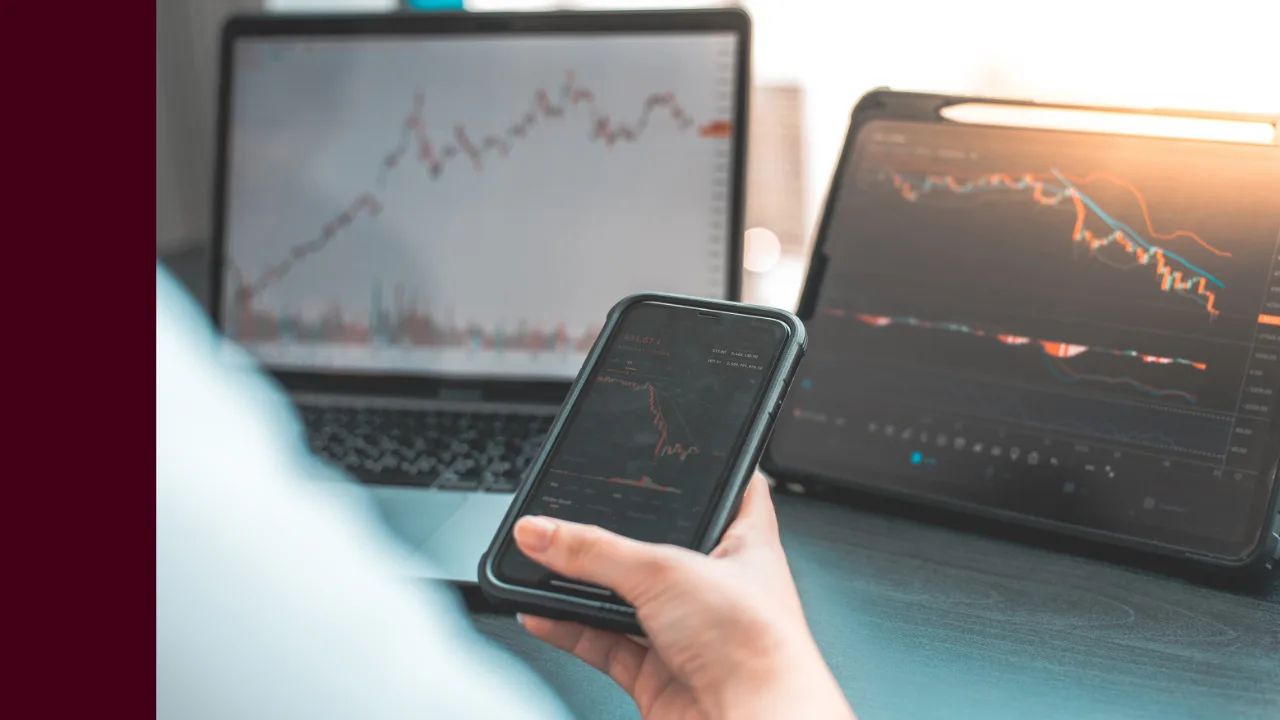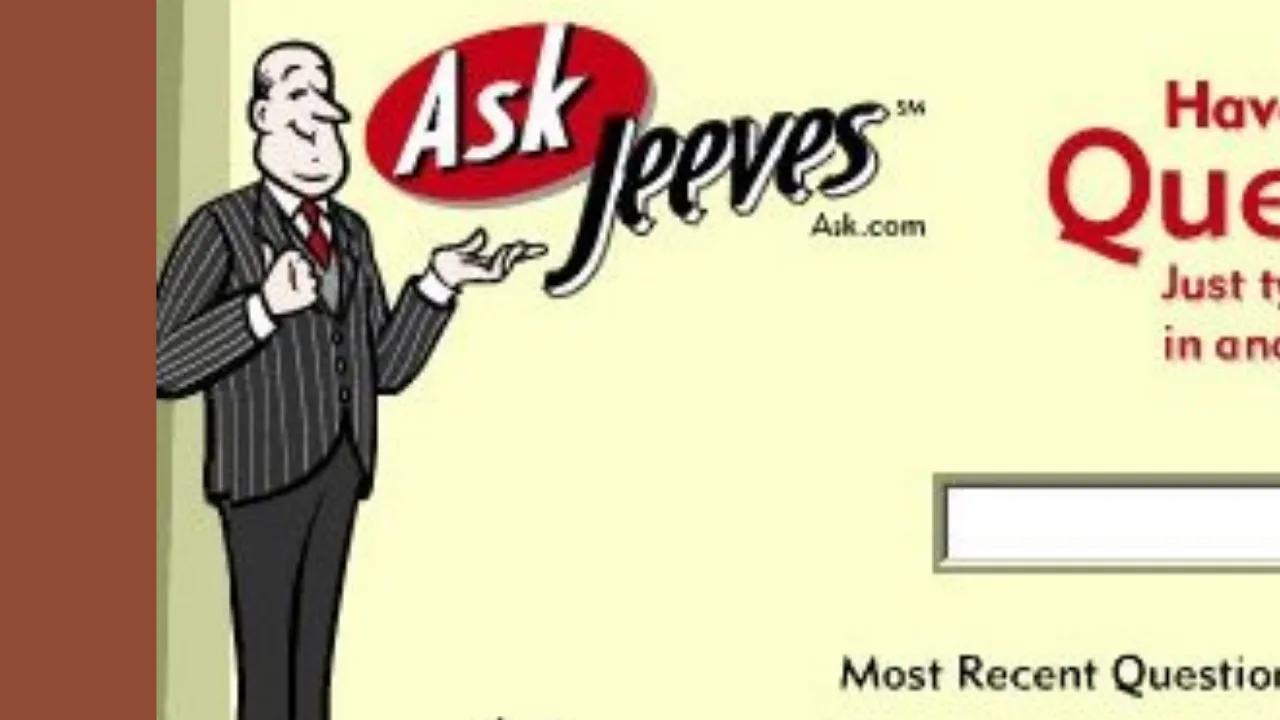Investing with an ethical approach has become far simpler over the last few years with the creation of ethical ETFs. The BetaShares Global Sustainability Leaders ETF (ASX: ETHI) and the BetaShares Australian Sustainability Leaders ETF (ASX: FAIR) are two options.
UBS Australia’s ETFs and Vanguard Australia’s ETFs are also worth considering but in this article, I’ll focus primarily on the BetaShares ETFs.
What Is Ethical Investing?
You have likely heard the term ethical investing, or sustainable investing or socially responsible investing. These are all different names for the same thing. Ethical funds aim to invest in companies with a cause that benefits society or at least avoid the companies doing harm.
Different ethical funds all take slightly varied approaches so it’s worth searching through the ASX ETFs available, which you can find on the Best ETFs website, to see what approach sits best with you. ETFs are explained further in the video below.
Some ETFs and managed funds use a negative screening approach to avoid investing in companies that cause harm – think companies associated with tobacco, gambling or alcohol. A negative screen would filter out shares of companies that operate in these industries.
Other funds will use a positive screening approach to proactively select and invest in shares of companies that provide a product or service that benefits or progresses society. The two ETFs below use some combination of the two approaches.
Australian Sustainability Leaders FAIR ETF
The FAIR ETF’s methodology is to invest in companies that are classified as “sustainability leaders” due to their involvement in sustainable investment activities. To be a sustainability leader, the company must derive more than 20% of its revenue from specified industries like renewable energy, recycling or healthy foods and nutrition products.
The FAIR ETF also applies a negative screening process to remove companies with exposure to things like fossil fuels, armaments and animal cruelty.
For example, the ETF invests in companies like Brambles Limited (ASX: BXB), ResMed Inc (ASX: RMD) and Cochlear Limited (ASX: COH).
The management costs are 0.49% per year, which is similar to a lot of growth-style ETFs. However, the ETF invests mostly in companies you could find in the S&P/ASX 200 (INDEXASX: XJO) and fees for ASX 200 ETFs are usually less than 0.1%. In other words, if you’re not ethically-minded and you’re just investing for growth this might not be your best option.
Having said that, the ETF has returned 16.46% over the last 12 months and the index that it tracks has returned 14.08% per year over the last five years which is far better than the ASX 200. Maybe it does pay to be ethical?
Global Sustainability Leaders ETHI ETF
The ETHI ETF doesn’t require much explaining. EHTI is mostly the same except its positive screening focuses on “climate leaders” which are selected based on carbon efficiency and it also invests in global companies.
Examples of companies included in this ETF are Apple Inc (NASDAQ: AAPL), Visa Inc (NYSE: V) and PayPal Inc (NASDAQ: PYPL). These aren’t typically companies that spring to mind when you think ethical, but they pass the screening criteria.
The global approach pays off in terms of growth, with the ETF returning 16.98% over the last 12 months and the index returning 17.43% per year for the past five years.
However, the global approach also pushes the management fees up to 0.59% per year.
Summary
It’s important to note that both of these ETFs only began in 2017 so they are yet to establish a long-term track record. All ethical ETFs take slightly different approaches, so explore other options like the Vanguard Ethically Conscious International Shares Index Fund (ASX: VESG) to see which ETF best matches your investment style.
I would also label these as high-risk investments that should only make up a small portion of your portfolio. Due to their screening methods, an ethical ETF may end up being more concentrated in a particular industry than a broad-market ETF, so keep that in mind when considering diversification.
[ls_content_block id=”14948″ para=”paragraphs”]
Disclosure: At the time of writing, Max does not own shares in any of the companies mentioned.










